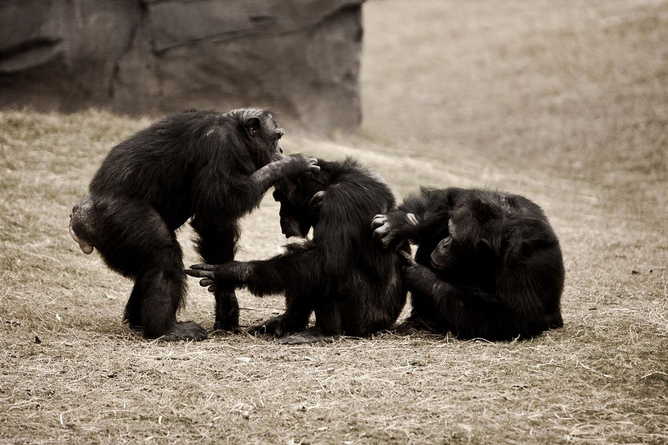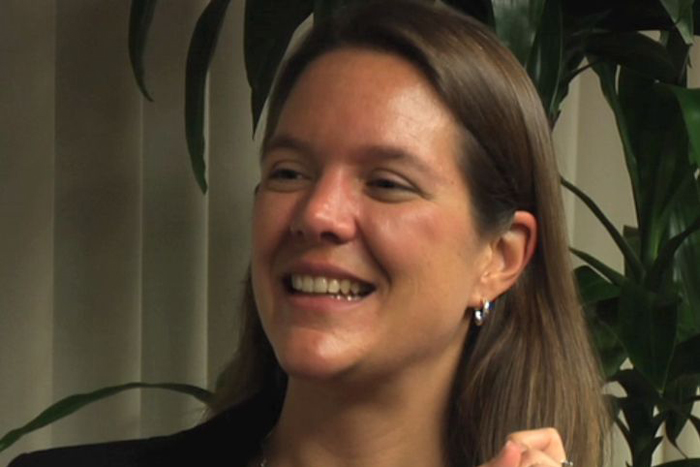
Exploring What Makes Cooperation Work

Get the world’s most fascinating discoveries delivered straight to your inbox.
You are now subscribed
Your newsletter sign-up was successful
Want to add more newsletters?

Delivered Daily
Daily Newsletter
Sign up for the latest discoveries, groundbreaking research and fascinating breakthroughs that impact you and the wider world direct to your inbox.

Once a week
Life's Little Mysteries
Feed your curiosity with an exclusive mystery every week, solved with science and delivered direct to your inbox before it's seen anywhere else.

Once a week
How It Works
Sign up to our free science & technology newsletter for your weekly fix of fascinating articles, quick quizzes, amazing images, and more

Delivered daily
Space.com Newsletter
Breaking space news, the latest updates on rocket launches, skywatching events and more!

Once a month
Watch This Space
Sign up to our monthly entertainment newsletter to keep up with all our coverage of the latest sci-fi and space movies, tv shows, games and books.

Once a week
Night Sky This Week
Discover this week's must-see night sky events, moon phases, and stunning astrophotos. Sign up for our skywatching newsletter and explore the universe with us!
Join the club
Get full access to premium articles, exclusive features and a growing list of member rewards.
This ScienceLives article was provided to Live Science's Expert Voices: Op-Ed & Insights in partnership with the National Science Foundation.
Ever since Sarah Bronson had her first scientific interaction with a lizard that she caught herself, she has possessed an enduring interest in the scientific process. Now, as an associate professor of psychology, philosophy and neuroscience at Georgia State University and director of the Comparative Economics and Behavioral Studies Laboratory, Brosnan does research with nonhuman primates as well as with human children and adults at the Language Research Center of Georgia State University and the Michale E. Keeling Center for Comparative Medicine and Research of the UT/MD Anderson Cancer Center.
Brosnan’s interests lie in the complexities of social behavior and cognition. More specifically, she studies primates and their social interactions, in particular decision-making involving cooperation, inequity, and bartering, primarily using economic games. If you have ever seen the famous video in which a capuchin monkey strenuously objects to receiving unequal pay (a cucumber as opposed to a grape), you are familiar with this line of inquiry. You can watch Brosnan conducting the experiment here.
By studying primates, Brosnan works to understand the evolution of cooperative and economic decision-making so as to better understand how and why humans make the decisions that they do. Using an experimental economics approach allows for a standardized methodology that she can use to compare different non-human species as well as humans, which allows for more profound insight in to the evolution of decision-making behavior. In the video accompanying this article, Brosnan talks about her work.
Name: Sarah Brosnan Age: 38 Institution: Georgia State University Field of Study: Psychology, Ethology, Evolution of decision making, Cognitive Science
Follow all of the Expert Voices issues and debates — and become part of the discussion — on Facebook, Twitter and Google+. See the ScienceLives archive. The views expressed are those of the author and do not necessarily reflect the views of the publisher. This version of the article was originally published on Live Science.
Get the world’s most fascinating discoveries delivered straight to your inbox.
 Live Science Plus
Live Science Plus











